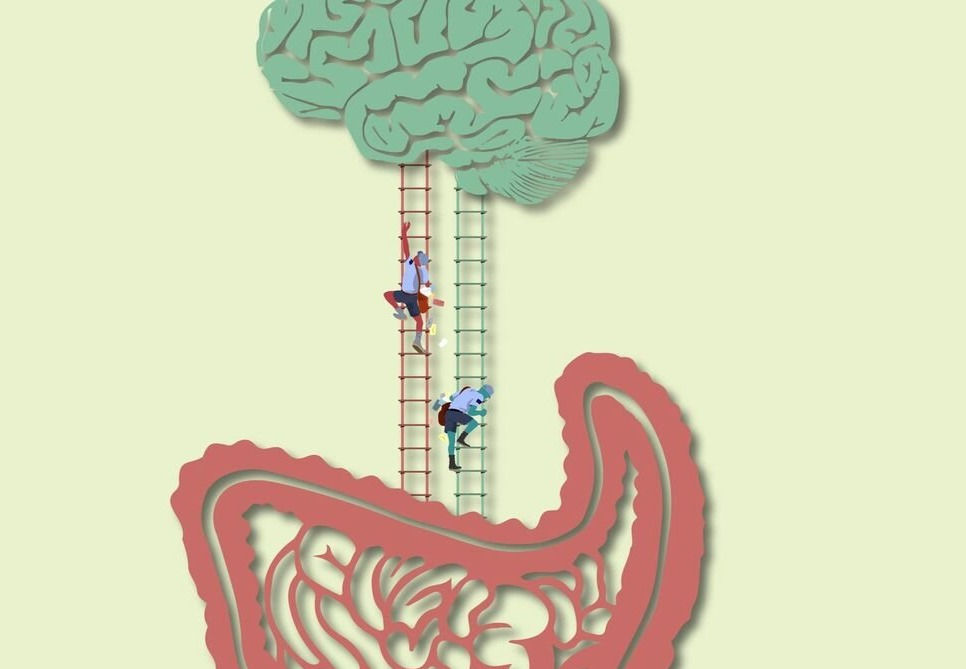From Intimidation to Integration: How Nanotechnology is Shaping Our Daily Lives
- Ananya
- Jun 17, 2024
- 3 min read
The manipulation of matter at the atomic and molecular level, or "nanotechnology," may conjure up thoughts of tiny robots and microscopic machinery, suggestive of a concept from science fiction that is all too intimidating for the common man to grasp. But this emerging field has the potential to fundamentally and practically transform many facets of our life. The ramifications of nanotechnology are wide-ranging and include anything from consumer goods and industrial operations to healthcare and environmental sustainability.
The healthcare industry will be one of the areas where nanotechnology has the greatest impact. Personalized treatment, medication delivery, and disease detection are already seeing significant progress because of nanotechnology. By targeting particular cells with nanoparticles, drugs can be delivered precisely, minimizing side effects and enhancing treatment effectiveness. For example, nanoparticles can be engineered to deliver chemotherapy drugs directly to cancer cells, minimizing damage to healthy cells and tissues.
Furthermore, improved diagnostic instruments are being developed because of nanotechnology. Long before symptoms show up, illnesses can be detected in their earliest stages by nanoscale sensors. For diseases like cancer and neurological disorders, where early intervention can greatly improve results, this early detection is essential. Moreover, the ability to use nanomaterials to create artificial tissues and organs has the potential to transform regenerative medicine and organ transplantation.
Additionally, nanotechnology shows promise in resolving some of the most important environmental issues. Utilizing nanomaterials to make solar panels more effective would enhance the usage of renewable energy sources. For example, the efficiency of photovoltaic cells can be increased by quantum dots and other nanostructures, increasing the viability and affordability of solar electricity.
Nanotechnology presents opportunities with environmental control and water purification in addition to electricity. Millions of people worldwide can have access to safe drinking water thanks to nanofilters, which can remove toxins from water more effectively than conventional methods. In a similar vein, oil spills and air pollution can be cleaned up with nanomaterials, improving the quality of the surrounding environment.
The field of daily consumer products is impacted by nanotechnology too. Nanomaterials are improving the performance and durability of a wide range of products, from textiles to electronics. Nanotechnology makes it possible to create electronics that are faster, more powerful, and smaller. For instance, nanoscale transistors, which enable higher processing power and energy efficiency, are crucial parts of contemporary computers and cellphones.
Even with nanotechnology's bright future, it's understandable that the idea could appear alien and frightening. The thought of modifying matter on such a small scale might raise questions regarding safety, morality, and potential long-term consequences. To ensure the responsible development and implementation of nanotechnology, addressing these concerns calls for open communication, stringent safety testing, and the creation of regulatory frameworks.
Educating and involving the public is essential to dispelling the myth that nanotechnology is a scary area. Through emphasizing the concrete advantages and practical uses, we can demystify the technology and promote greater understanding and acceptance. Furthermore, interdisciplinary cooperation between researchers, ethicists, politicians, and the general public can assist in navigating the moral and sociological ramifications and guarantee that nanotechnology is created in a way that is beneficial to all people. Although it may sound like something out of a science fiction movie, nanotechnology is already having an immense impact on our lives and has the ability to solve some of the most important problems of our day. The uses of nanotechnology are numerous and extensive, ranging from improving consumer goods and industrial processes to transforming healthcare and environmental sustainability. By embracing this technology and addressing the associated challenges, we can harness its potential to create a better, more sustainable, and healthier future.




Comments